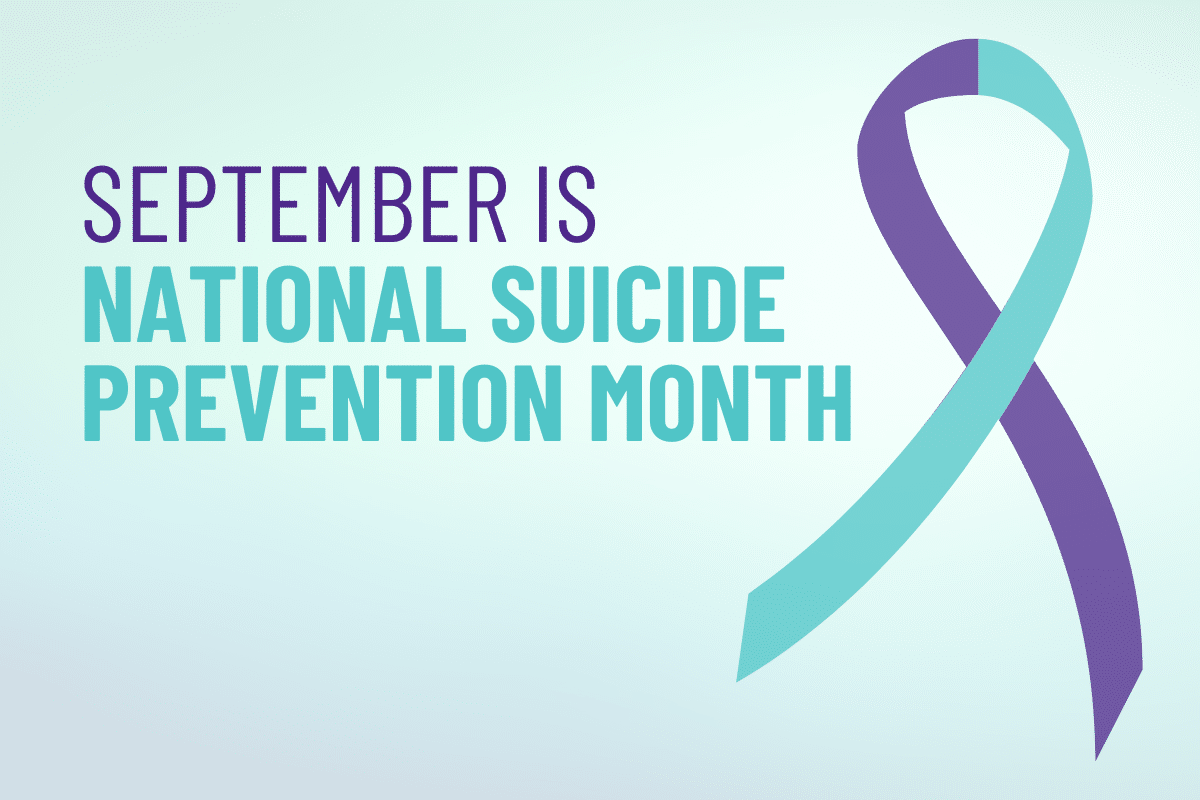September is National Suicide Prevention Awareness Month and an opportunity to reflect on common teen suicide warning signs. Parents or guardians of a teen have the serious responsibility of staying on the lookout for signs of suicidal tendencies. It is a sad fact of life that the challenges of the adolescent years can often be overwhelming. In 2022, suicide ranked the second-leading cause of death among people aged 15 to 24.
Each one of those deaths by suicide was a tragedy. Adults must recognize the warning signs of suicide in teens so their child does not become the next in a long line of lost lives.
Read on to better understand prioritizing your teen’s mental health, spotting the red flags that show a problem, and providing support if you notice something is wrong. If you or your teen are in immediate crisis, call or text the National Suicide Prevention Lifeline at 988.
Prioritizing Mental Health
The stresses and pressures teenagers face today are intense and distinct from the ones teenagers faced in previous generations. From academic demands to peer expectations to the smothering presence of social media, adults must consider the many factors that can push young people to suicidal thoughts.
The best thing to do is encourage open communication and create a nurturing atmosphere free from judgment so teens feel welcome. Foster a sense of belonging within the family, and your teen will feel more comfortable sharing their concerns.
When teens share the feelings that are troubling them, they need empathy, not criticism or judgment. Sometimes, they are just looking for someone to listen to their problems and ask simple questions such as “What can I do to help?” or “What do you need from me?”
You don’t have to solve all of your teen’s problems to help them. Too often, we feel the need to let them know “Everything is going to be great” or “Just stay positive” when what they are looking for is someone who will acknowledge their feelings and provide a warm and supporting relationship.
Recognizing Warning Signs
While no two teens are alike, adolescents tend to exhibit similar behavior that indicates a risk of suicide. Here are some common red flags to look for.
- A preoccupation with suicide or death
- Sudden, severe changes in mood or behavior
- Significant changes in weight
- Withdrawing from friends
- Expressions of hopelessness or worthlessness
- Insomnia or changes in sleep patterns
An important distinction to make is the practice of self-harm or self-injury, where people cut, burn, or otherwise injure their skin. Self-harm is certainly a mental health concern that should require immediate attention, but it is not necessarily a sign of an impending suicide attempt. It is, however, a sign that something is wrong.
Considering Outside Factors that Increase Suicide Risk
There are a host of unique environmental factors that could increase the suicide risk of any individual. Here are some common ones:
- A co-existing mental health disorder
- Alcohol or drug use
- A recent romantic or family breakup
- The presence of a firearm in the home
- Family history of suicide
- Exposure to the suicidal behavior of others
- Prior suicide attempts
Contact Us
If you have noticed any of these teen suicide warning signs in your household, call Advanced Behavioral Health today.
We understand the gravity of the teen suicide crisis, and we treat every patient with the compassion and empathy they deserve. Our entire team of experienced mental health specialists is here to support your teen and offer the quality counseling they need.
We always handle each patient’s case confidentially. Call today at 301-345-1022 or send us a message online here. We are standing by to help you find the peace of mind you and your teen are searching for.
